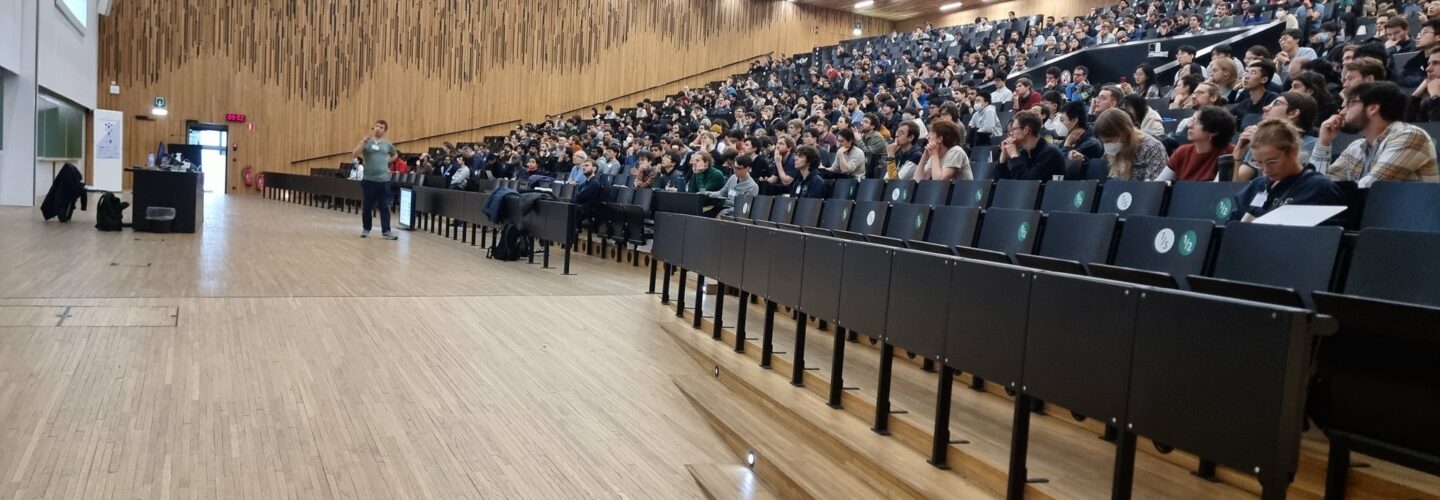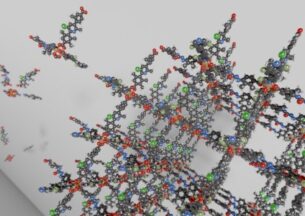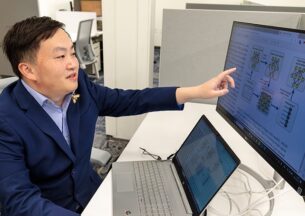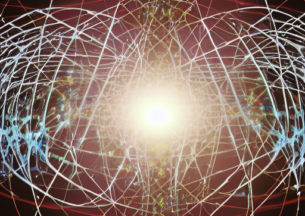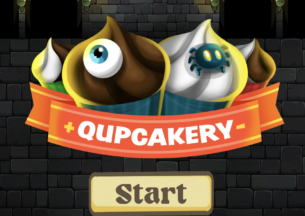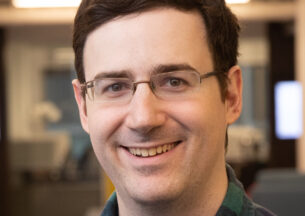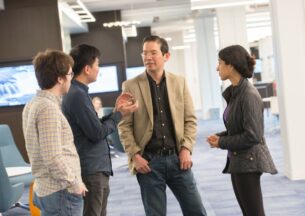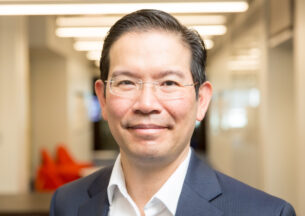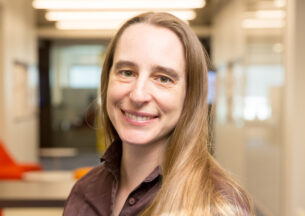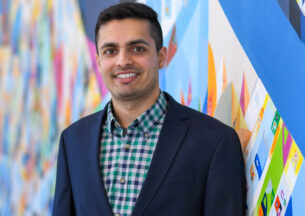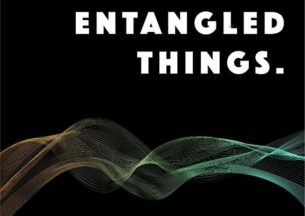Group From UChicago CS To Present Four Papers at Most Prestigious International Quantum Conference
Quantum information research continues to be a growing priority that spans many disciplines, including computer science, mathematics, and physics, and is increasingly important to communities across both academia and industry. The University of Chicago has become a world leader in this area, regularly contributing to the cutting edge of research. For instance, in 2023 UChicago joined forces with IBM, Google, and the University of Tokyo to develop the blueprints for building a quantum-centric supercomputer powered by 100,000 qubits. A group from the Department of Computer Science is starting off this year making sure the momentum created in quantum computing research doesn’t wear off.
Assistant professor Bill Fefferman and his team will present an impressive four papers at the Quantum Information Processing (QIP) conference that showcases their work in quantum computing. For scholars who contribute groundbreaking work in disciplines like computing, cryptography, information theory, mathematics, and physics, presenting at the international conference is as prestigious as it gets. QIP is the most important yearly conference on the theory of quantum computation and is incredibly selective, with only about 20% of submissions being chosen. The group will showcase research that touches on some of the most important topics in quantum computing today, including quantum advantage, realistic noise models, and entanglement.
This is the second time Fefferman’s group has had four papers at QIP in three years. Even for groups much larger in size, it is rare for that many submissions to be accepted.

Fefferman, who contributed on all four papers, will be heading to Taipei with PhD students Soumik Ghosh, and Kunal Marwaha. They will spend a week giving talks, networking, and learning more about cutting-edge research topics in their field. Marwaha is giving a talk on his work “Quantum Merlin-Arthur and proofs without relative phase”, which also features Fefferman’s PhD student Roozbeh Bassirian. Ghosh is giving a talk on his work “Effect of non-unital noise on random circuit sampling”.
“I am delighted to be presenting at a conference as internationally renowned as QIP, whose audience will include researchers working on every aspect of quantum computing,” said Ghosh. “I believe the questions I have studied with Bill will inform both experimentalists who are trying to build quantum computers, as well as theorists who are trying to fundamentally reason about the power and limitations of quantum computing as a platform.”
The four papers cover two major quantum themes. Two of the papers, “Effect of non-unital noise on random circuit sampling” and “Complexity-theoretic foundations of BosonSampling with a linear number of modes” discuss how to bridge major gaps between the theory of quantum supremacy and the state-of-the-art quantum supremacy experiments, with a focus on accounting for practical limitations that exist in all real hardware. This has been a prevalent question following claims Google made in 2019 about quantum supremacy, as well as several additional experimental claims from other groups around the world.
The other two papers, “Public-key pseudoentanglement and the hardness of learning ground state entanglement structure” and “Quantum Merlin-Arthur and proofs without relative phase” focus on understanding fundamental properties of quantum entanglement– arguably the most important driving force behind the power of quantum computing. The first of these looks at whether entanglement is a property of quantum states that can be efficiently measured. The second is aimed at understanding how powerful certain special classes of quantum states with a very restricted type of entanglement structure are as a resource for quantum computations called “QMA(2)” protocols. These protocols are now of central importance in quantum complexity theory, with many broad applications, and have been studied by Fefferman since his first paper on quantum computing in 2008, written while he was an undergraduate at UChicago.
The group hopes their research will set a solid foundation for future
work on quantum computing.
“Our works focus on both building a theory toolkit that will guide experimentalists in designing their quantum systems in the near term, as well as building a deeper understanding of the power of quantum computing as a whole,” said Ghosh. “The breadth of topics we work on is quite extensive and is a very unique feature of our group.”


